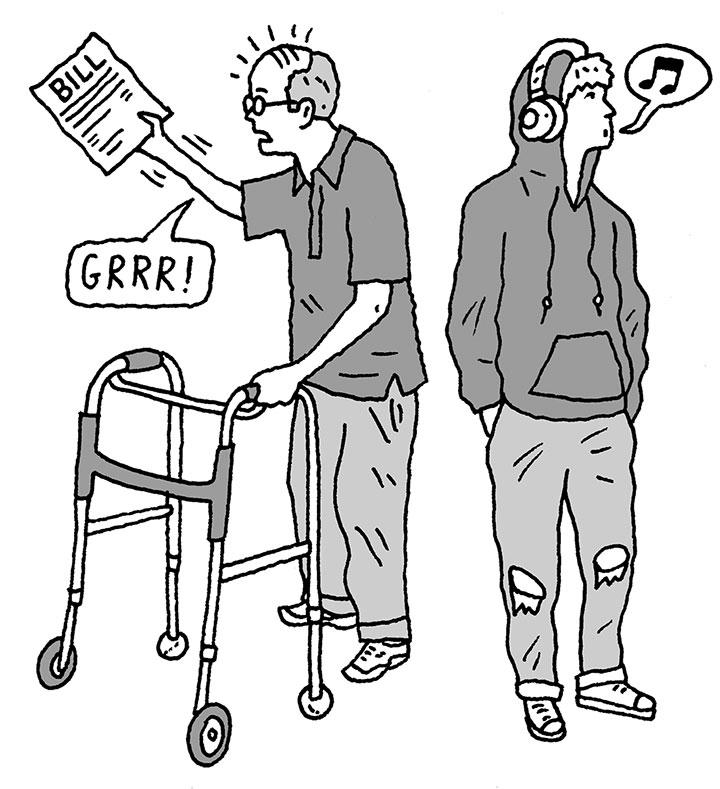
Consumers last fall were dismayed that costs for private health plans under the AFFORDABLE CARE ACT were set to rise substantially — in some cases by 25 percent or more. A new paper by economics and public affairs professor Uwe Reinhardt says young people are a big reason why. Many insurance companies underpriced their policies, either to gain early market share or because they underestimated the risks, according to Reinhardt’s paper, published in the Journal of the American Medical Association in October. As many younger, relatively healthier people have decided to forgo insurance and pay small fines instead, insurers are forced to raise rates dramatically in order to cover older and sicker people. The result: higher premiums for everyone.
High-quality PRESCHOOL EDUCATION can give children a leg up, but there is an important qualification to that, according to a new publication co-edited by Woodrow Wilson School Dean Cecilia Rouse and education researcher Lisa Markman-Pithers: Pre-K programs are most fruitful only when they are integrated with the K-3 programs that come after them. Unfortunately, too often that’s not the case; pre-K programs frequently operate in isolation with teachers who are undercompensated and unprepared for the task. Only when pre-K is thought of as a part of school, and not just preparation for it, will kids reap the biggest benefits, researchers conclude. The findings were released in the latest issue of The Future of Children, a joint publication of Princeton and the Brookings Institution.
